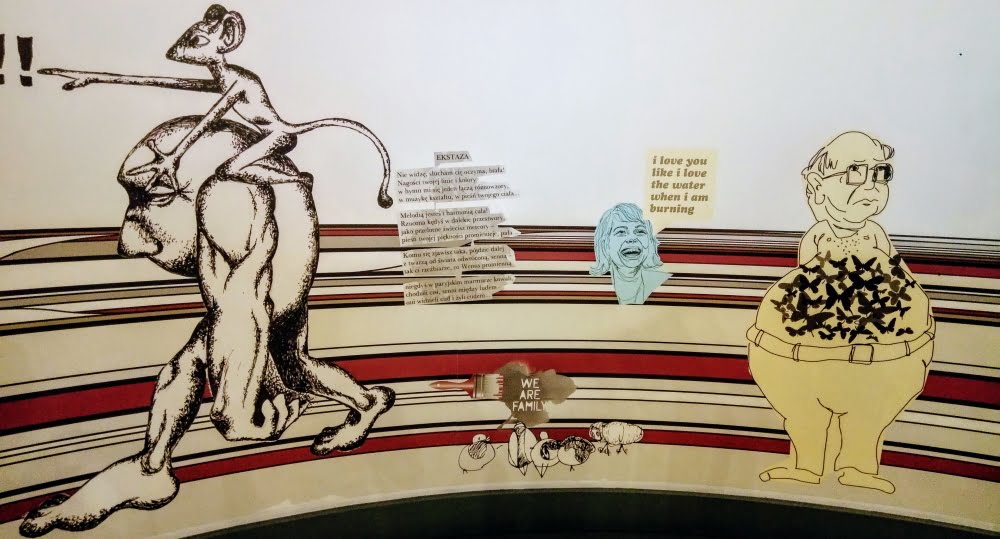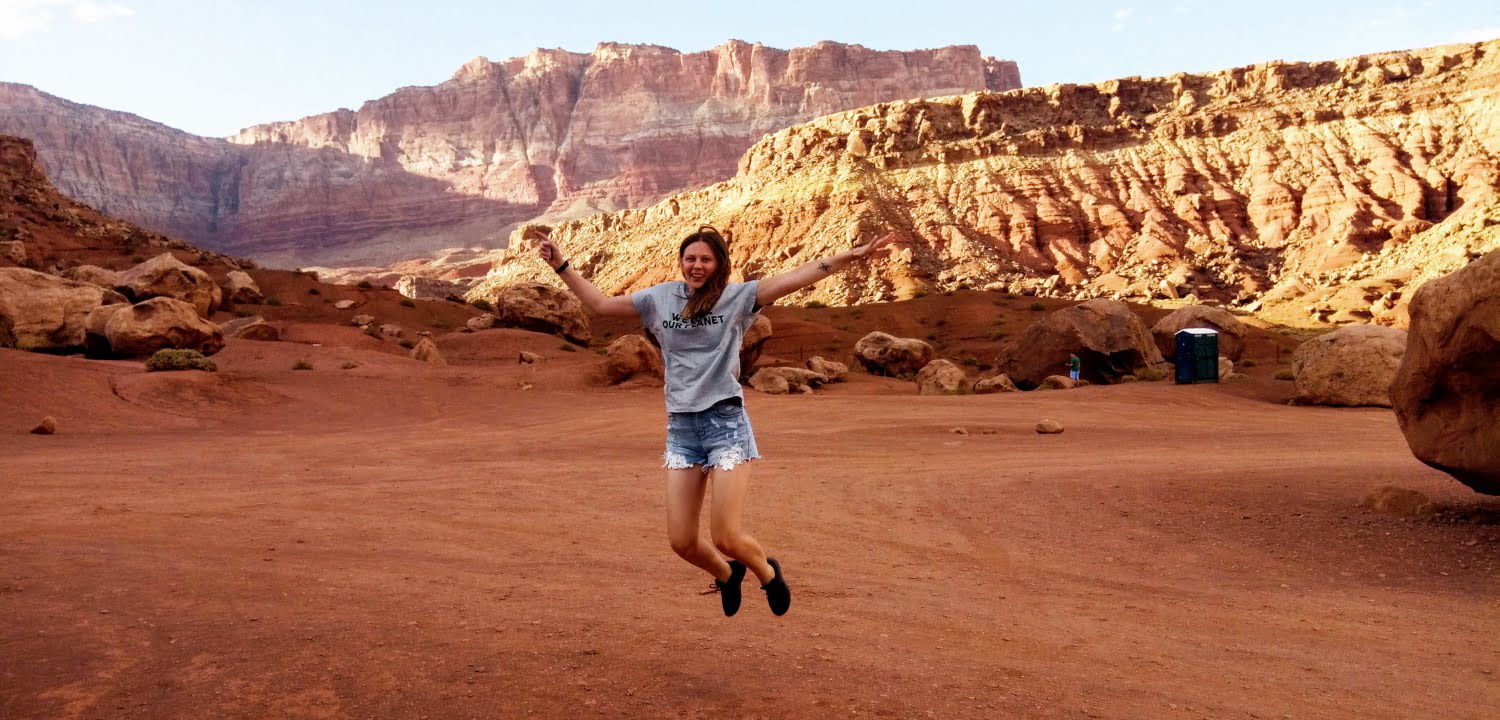Do you believe that there is such a thing as a perfect education system? I don’t.
Do you remember what Albert Einstein once said about how we are all different, and how we keep repeating and illustrating it? I will remind you:
“Everybody is a genius. But if you judge a fish by its ability to climb a tree, it will live all its life believing that it is stupid.”
Generally if we talk about ‘the education system’ we are referring to the public school system with all that involves, because that is what most people have access to. It is a complex, very complex, infrastructure which includes many different factors. Of course the education itself but also economy, transport, communication, professional teacher training and many more things. Each person has to find their place within this complex system, yet each of the pupils is different and has different educational needs.
So how to make it perfect? I wish I knew the answer.
Organising education at a state level means it has to be inclusive. There are the same conditions for everyone and the biggest point is to guarantee access and availability. Of course each country has its own systems and approaches, and it is very different in different places around the world. For example in some countries you can have free education from preschool through to leaving university with a degree like Demark, Norway, Lithuania, or Scotland. In other countries, like Malawi, you have only access to primary education free of charge. So it really varies on the economic situation of the country and what importance they place on free education. You also can not guarantee the same qualification of teachers, the same access to materials, the same infrastructure or access. For example, a pupil would like to study French language in the rural area in Latvia, but they simply can’t find a teacher, while probably in the city it wouldn’t be a problem at all. These are just some of the many issues each country faces while organising their state education system, but it’s important to remember it’s not the only one way of receiving an education.
There are more specialist schools for example focusing on different arts, sports, or specific academic areas. There are also many private schools. As we migrate and move around the globe more than ever before there are an increasing number of international schools. Then there are the schools that focus just on pupils with special educational needs. Additionally you can find schools where they have their own unique philosophies and approaches to education like Waldorf, Montessori, Summerhill, and others.
I believe that we should encourage as many different approaches and ideas to education that will give wider and varied possibilities to children. We can call it alternative education and it can be a great thing. You might say the problem is that not everyone can afford it this kind of education, and sadly I wouldn’t argue with this statement.
Homeschooling is another alternative that should not be forgotten. I don’t mean the kind of homeschooling that has been forced on much in the world in 2020 due to COVID, but the elective kind, a conscious decision to educate in a more individual way.
Personally I love the idea of parents stepping up and helping organise educational activities for and together with their children, it gives a unique opportunity for kids to develop and explore their interests as well as a general curriculum. Many people have the misconception that homeschooling means being insular, that parents just sit and teach their own kids without any social interaction with others. That absolutely does not have to true! But yes it is a challenge to the family to make it beneficial.
The main goal of any education should be individual to each pupil. To embrace their skills and interests and help them secure personal successes, to notice difficulties and weaknesses and help and encourage to get past them. It should also help to prepare basic skills for real life, to improve critical thinking, social skills, to recognise problems and how to solve them. Pupils should understand what is going in the world, know the basic principles of politics and the economy. They should be able to express their opinion, stand for their beliefs, to respect each other and the planet, contribute to society, and be aware. Most importantly, to become a great human beings, to take care of themselves, find activities they enjoy, take responsibilities, and know how to communicate.
Can you easily achieve all of that in the formal education system where there is massive competition, where you need to be the best at taking standardised tests, where teachers have to take responsibility for their pupils academic results more than who they are as people? Well.. no.
One option to add or to improve skills and interests that general school lessons just can’t cover is to attend extracurricular activities. These are often organised by the schools themselves, special art or sports schools and private organisations. I really believe that extracurricular activities are a part of education that is way much important than many teachers and parents think!

Some people say that school is the best years of your life, but in the modern world it’s not that easy. There are pressures from parents and teachers to achieve the best results, pressure from other pupils to be a ‘cool’, plus the pressure that each pupil puts on him/herself. There is bullying, and other social difficulties, competition increasing insecurities, physiological stresses, the list goes on. The majority of parents are working long hours, and teachers are always busy with a great number of students, preparation for the next classes, filling up documents.
Most of those extracurricular activities I mentioned are chosen by students themselves (well sometimes by parents) and encouraged by teachers and parents, but there are less pressures, no marks and it is informal!
These activities are much more than learning and improving new skills. Most of the time it is a safe place where you can relax, enjoy and learn at your own speed with support from teachers, friends, and people who are already better at something you share an interest in. You get to learn by doing, and it is the best place to learn teamwork, brainstorm, support.
So, the school is just one piece in the education cycle. Parents are an important piece as well, because their role and their choices when children are at the youngest age forms the basics. They are the role models, an example of how to behave. Home is a safe place to learn, explore, experience, and understand. It means that, consciously or not, every parent is an educator. After kids step into formal education the collaboration between family and school is an important one. The wider environment and social groups are another piece. This is where knowing a lot of maths probably does not always help to make the right decisions. Critical thinking, communication skills, emotional and social intelligence are sometimes much more important.
School was not easy for me. My parents worked at the same school I went to. I needed to prove to some of my classmates that if I got high marks I really deserved them, and they were not just because my parents worked here. I was humiliated by one of my teachers publicly in front of the class because many years before my Dad had given her daughter a mark that was not the highest. I was always being compared with my older brother who was better at sciences. Being a bit shy and not very social it was quite hard to pretend I am fine with everything and keep up the ‘I don’t care’ mode.
I became quite competitive and I still am, because I needed to stand up for myself. The school was not a place where I was actually learning it was a battlefield. But extracurricular activities were a place to let my energy out, to enjoy, to be me. I did some sports, so we were going to competitions, meeting new people, making friends for life, learning new skills, sharing responsibilities. Learning individually was much easier and quieter, I had time to think and come up with new ideas. Most of the history and geography I learnt about my homeland was by travelling around with my family and visiting different places; national parks, natural monuments, museums, castles, small villages, and camping. I was a pupil who needed to see the practical side of things and find connections to the theory, just theory didn’t serve me at all and school was not the place to have all of the practical experiences I needed.
I am thankful to my parents who showed me how important is to get to know the place I live in, to learn practical activities and have responsibilities in the household even if I didn’t like that at the moment. Now I can’t stop thinking about exploring new places, leaning new stories, and always asking why.

